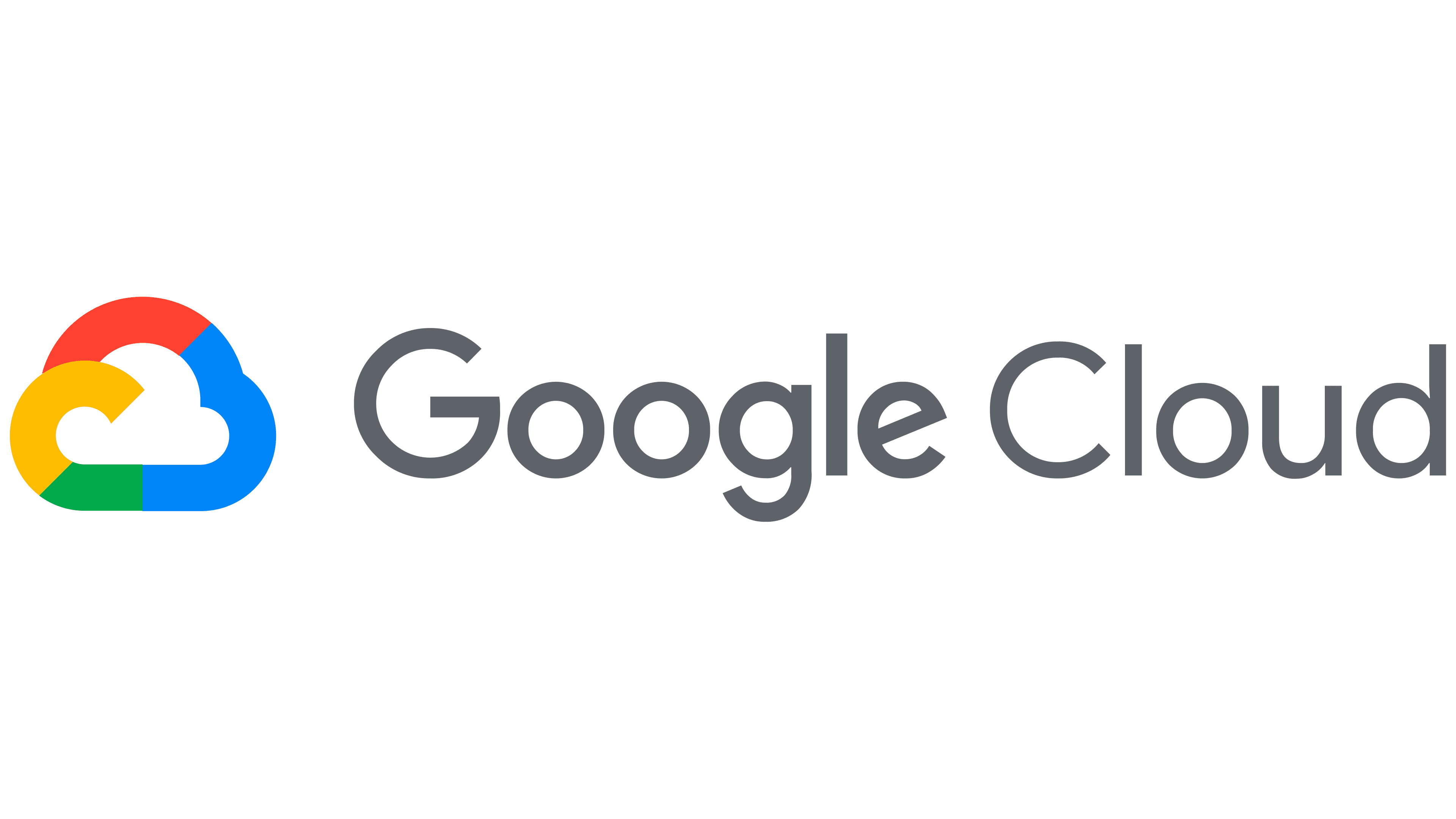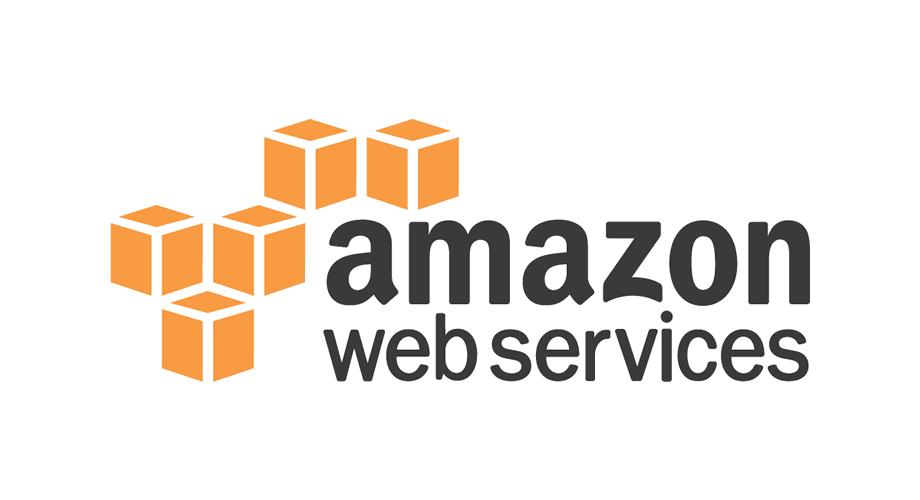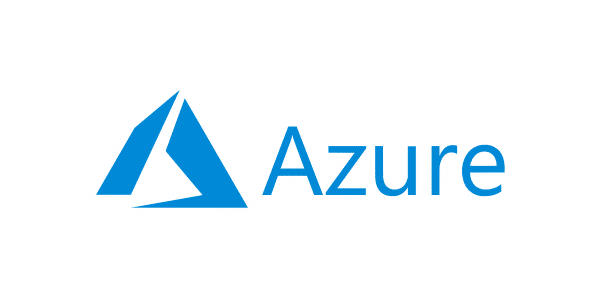Supported cloud providers
While all of the cloud providers supported by Nebari offer free-tier accounts, the required resources required to deploy and run Nebari may lie outside the scope of the free-tier quotas of these accounts. Nebari will not prompt you when these limits are exceeded so you should be aware of the limitations of your account.
If you are planning to try out Nebari by carrying out a quick trial installation, we suggest you start with a local Nebari installation to avoid any unexpected cloud charges.
Supported public cloud providers
Now that Nebari is successfully installed, we can move forward with choosing the most suitable cloud provider to help you effectively deploy and start your projects within Nebari.
To deploy Nebari, each cloud provider requires fairly wide permissions to create all the necessary cloud resources, which are governed by the access keys generated by the provider.
Once you have chosen your preferred cloud provider, follow the steps described in their respective How-to Guides to deploy Nebari on the cloud.
- Google GCP
- Amazon AWS
- Azure

Google GCP (also known as Google Cloud Platform or GCP) is a provider of computing resources for developing, deploying, and operating computing services.
For detailed instructions on how to deploy Nebari on GCP visit the How to deploy Nebari on GCP section.

Amazon Web Services (AWS) is a comprehensive, evolving cloud computing platform provided by Amazon that includes a mixture of infrastructure as a service (IaaS), platform as a service (PaaS) and packaged software as a service (SaaS) offerings.
For detailed instructions on how to deploy Nebari on AWS visit the How to deploy Nebari on AWS section.

Microsoft Azure is Microsoft's public cloud computing platform. It provides a range of cloud services, including compute, analytics, storage and networking.
For detailed instructions on how to deploy Nebari on Azure visit the How to deploy Nebari on Azure section.